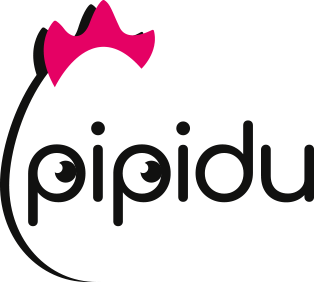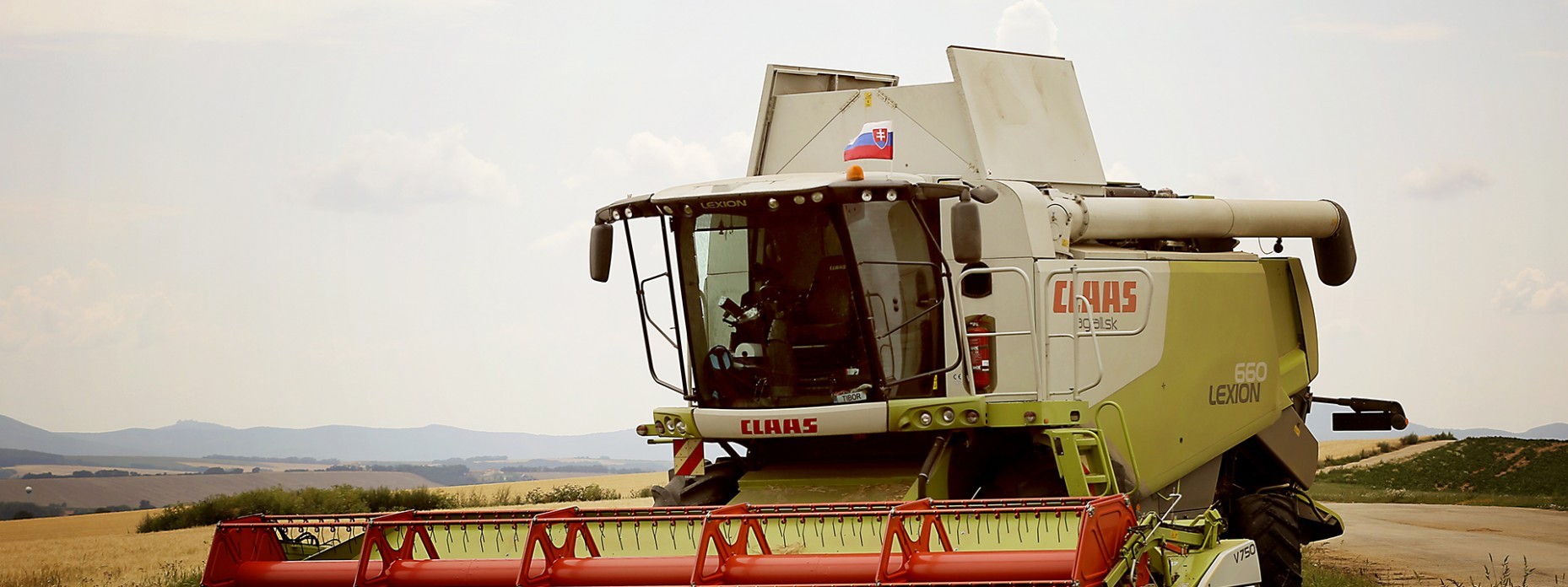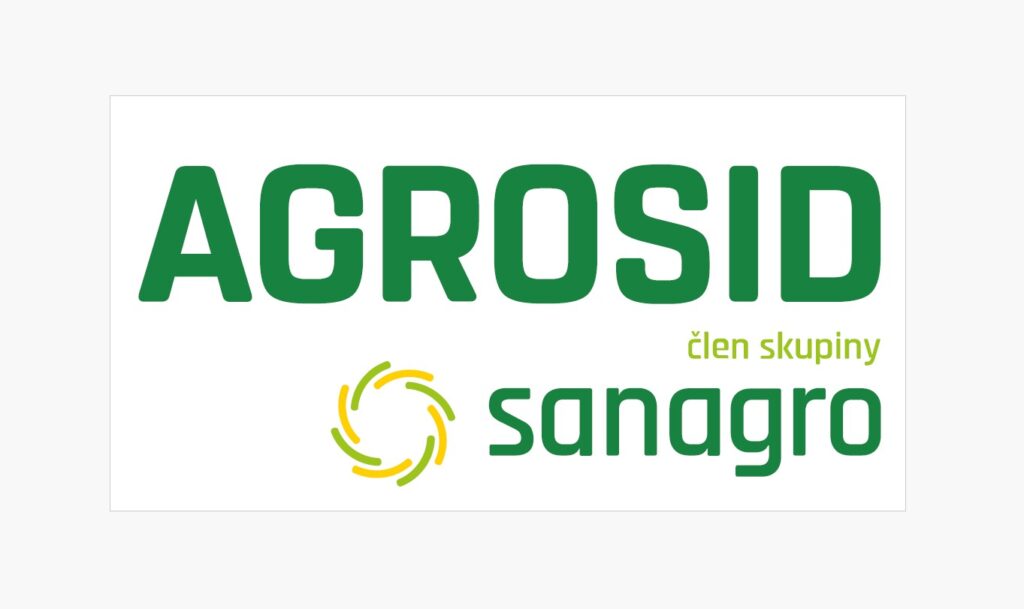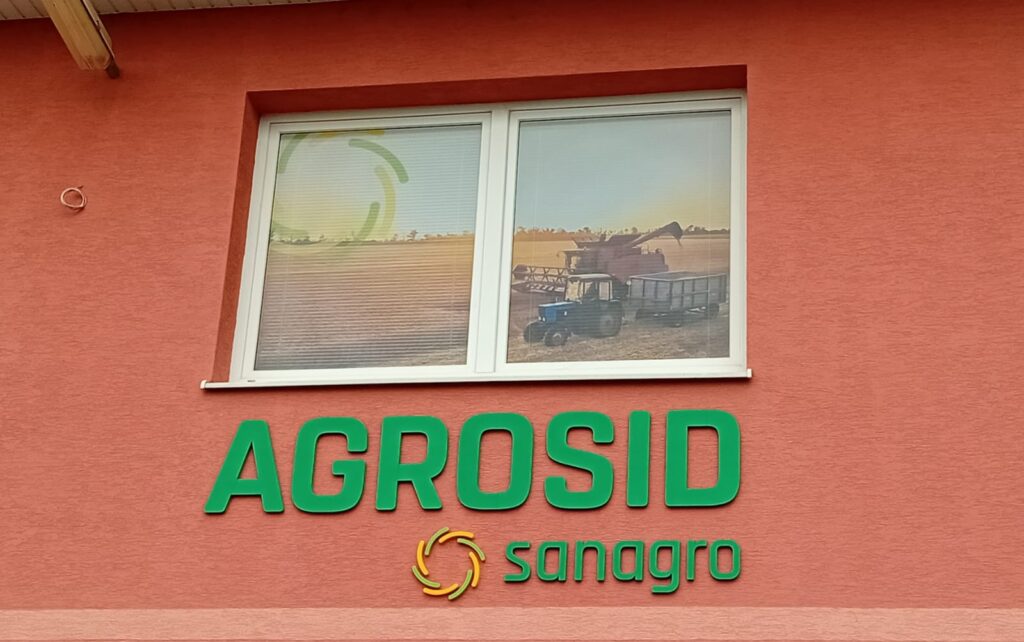Tomáš Kohút, CEO of SANAGRO Group, which is opening a cooperative store in Bratislava.
Pressure to improve product quality is being exerted across all sectors. How big is it in agriculture?
Currently, the pressure for quality in primary production is enormous. Within SANAGRA we not only develop it on ourselves, but our customers also demand it. But the problem occurs elsewhere - customers often demand quality at the lowest possible price, which reduces farmers' room for manoeuvre when planning investment and development.
Is there anything that can be done about it? Because the problem seems to be everywhere.
Yes, but the agri-sector is specific. We compete with prices on the global market, the rules are determined by European and Slovak legislation. And it is one of the strictest in the world. The responsibility here lies mainly with the state. If it wants people to eat quality food and, at the same time, has increased demands on producers and manufacturers, it clearly needs to be able to protect its own market.
Is it true that Slovaks produce quality food?
For me it certainly does. As a group, we try to sell our produce mainly to Slovak companies and I personally prefer only vegetables and fruit from Slovak growers. In the same way, when it comes to dairy products, I reach for domestic or our customers' products. Due to the enormous pressure of cheaper food from abroad, it is very difficult to achieve the production of quality food with a reasonable profit. But I am convinced that the honest way is the right way and will pay off in the long run.
I also ask because most Slovak farms are undercapitalised. Is it difficult to keep up with foreign countries?
I'm sure it is. The whole agri-sector is distorted by differences in subsidy policies within EU countries, and therefore we do not have the same starting line. Because of these differences, it is worth importing cheap tomatoes from Spain or the Netherlands, garlic from China or meat from South America. In the current situation, the Government has other priorities, but it will also have a role to play in being able to set the conditions that will enable quality and affordable food to be produced here too.
Your group is opening a new grocery store. Why? There are already a lot of farm shops on the market.
Because we believe we can produce quality food that we stand behind and that will be in demand. We go to the market with our own skin in the game to be evaluated directly by our customers. Our goal will not be to compete with the big chains, but we believe we will find our target group of people who want quality food straight from the farm. And we also want to show that even "big" groups can produce the quality, fresh and superior food that we want Slovaks to eat.
There is a lot of talk, and not just in this country, about supporting small farmers and supporting their production.
I absolutely approve of supporting small farmers. Our group has even been working for a long time with Gejz Varga, a small farmer from the south of Slovakia, a producer of juices from Južné Sady, whose produce we would also like to sell in our shop. However, it is also important to point out a fact that is not often talked about in this respect. This is that the trend in the world is towards larger farms, which could be a great advantage for Slovakia in the future. Farmers should pull together in order to achieve food self-sufficiency in Slovakia.
Slovakia is not food self-sufficient. Only about half of domestic products are sold on the shelves, while in Austrian shops, for example, we can find up to 90 percent of domestic food. Why is this important for the country?
Domestic farmers and food producers should certainly be supported, as this also benefits employment and the state's tax revenue. On a broader scale, the environmental impact must also be seen. Nature is being burdened with lower CO2 emissions, as we do not have to import them from abroad. At the same time, it is more beneficial for our organism if we consume food grown locally, because our digestive system is genetically attuned to it. It is therefore more logical to eat apples than, for example, imported mandarins. Last but not least, there is also the issue of freshness. Meat, fruit and vegetables are perishable. Transporting them over long distances means that vegetables and fruit, for example, are picked unripe and ripen in trucks or containers on ships. And fresh meat is therefore not so fresh either, as none of us knows in what conditions and for how long it has travelled to us.
What is the interest in the products of Slovak farms in comparison with the last 5 to 10 years, for example?
My subjective feeling is that it's definitely bigger and I believe it will continue to grow.
You own 10 farms and you say that most of the livestock production is exported. Will that ever change?
This is primarily a question for politicians. Within the EU, the same rules should apply to subsidies and the level of local government support for each member state. We pretend that we have a single market within the Union with the same rules, but that is not true. And that is one of the reasons why, in our circumstances, and with the current support, it is not yet realistic for us to be able to sell even a quarter of our production on the domestic market at a sufficient profit. Or at least without making a loss.
So it is economically inefficient for farmers to keep more domestic livestock products here?
I would not like to speak for all farmers because I do not see the economics for them. I can only judge by the numbers of our group. And I am making it very clear here that it is not yet very cost-effective, and my personal opinion is that this is the way most producers have it. The end consumer is price-sensitive and is used to cheap meat or vegetables, and these mostly come from countries where local government support is significantly higher than in this country. We base our calculations and assumptions on selling prices, and I have to say that we are not able to supply the chains or restaurants at the prices that they are offering us. So even opening our own SANAGRO store is such a virtue out of necessity. We think of it as a kind of "service" to people, rather than something that will help us survive or develop and grow. But we want to do it because we want to give people the opportunity to buy really good quality food from farms and also because we believe it will make a difference.
Processing is also a problem in Slovak agriculture. Your company does not process its own products, it just sells them. So how do you want to contribute to increasing food self-sufficiency?
Just the fact that some of the cattle that would otherwise go abroad end up on the counter of our cooperative store is a step forward. We are also working on various development projects, such as egg production from free-range and litter-raised hens. We have also acquired a small dairy farm in central Slovakia, where we plan to double our production of cheese and yoghurt and other dairy products, which will be made from high-quality milk from our dairy farms. For example, the Hlohovka part of the SANAGRO Group, Food Farm, produces 1.2 million litres of cow's milk per month, which we supply exclusively to Slovakia and to dairies owned exclusively by local owners. At the same time, this year we started seasonal milking of sheep on the farm in Turčianske Teplice.
Hundreds of organic farms operate in Slovakia, but most of the products are exported abroad and to a lesser extent remain on our market. Can products that are labelled as eco or organic be trusted?
But I am convinced that they can be trusted. We manage two organic farms - BOS-POR Agro and EUROAGRO in Záhorie - and I know how strictly they are controlled not only by the state and the European Union, but also by the customers themselves. And I also know what penalties there really are if you break the conditions. And I don't think anyone would be willing to risk it.
Will we one day see Slovak organic products staying in our country to a greater extent?
This depends on the purchasing power of the population and their willingness to pay more for such food. In our country, that purchasing power is still significantly lower than in Austria or Germany. At the same time, it is a question of support from the state and whether they can find some mechanism that would encourage the sale of organic products in this country as well.
The whole world is currently experiencing a coronavirus pandemic and the question arises whether, in the event of prolonged isolation of countries, neighbouring countries will start to reduce the amount of food exported to other countries, in this case to Slovakia. Would we be able to cope with this as a country?
This is a good question. In general, the Union is a large producer of waste from surplus food, and Slovakia, as part of it, is no exception. It follows, therefore, that there is plenty of product everywhere. However, when a crisis situation such as COVID 19 now arises and the processes that are in place are disrupted, the effect may be that, in certain circumstances, each country will want to feed its population as a priority. And that is where the problem may arise. We have seen this, for example, in the case of the guard rails. Here, too, there has been a huge shortage. In agriculture, every year, the outcome depends on the weather and, at the moment, to a large extent on the extent to which we can protect our farmers from COVID 19. That is why we are launching the 'Our Farmers' initiative these days, where we want to appeal to people to behave responsibly and also to point out that we have heroes not only among doctors, paramedics, policemen and firefighters, whose work I greatly respect and admire, but also among farmers, who have to go to work every day so that we have something to eat not only now, but also next year






